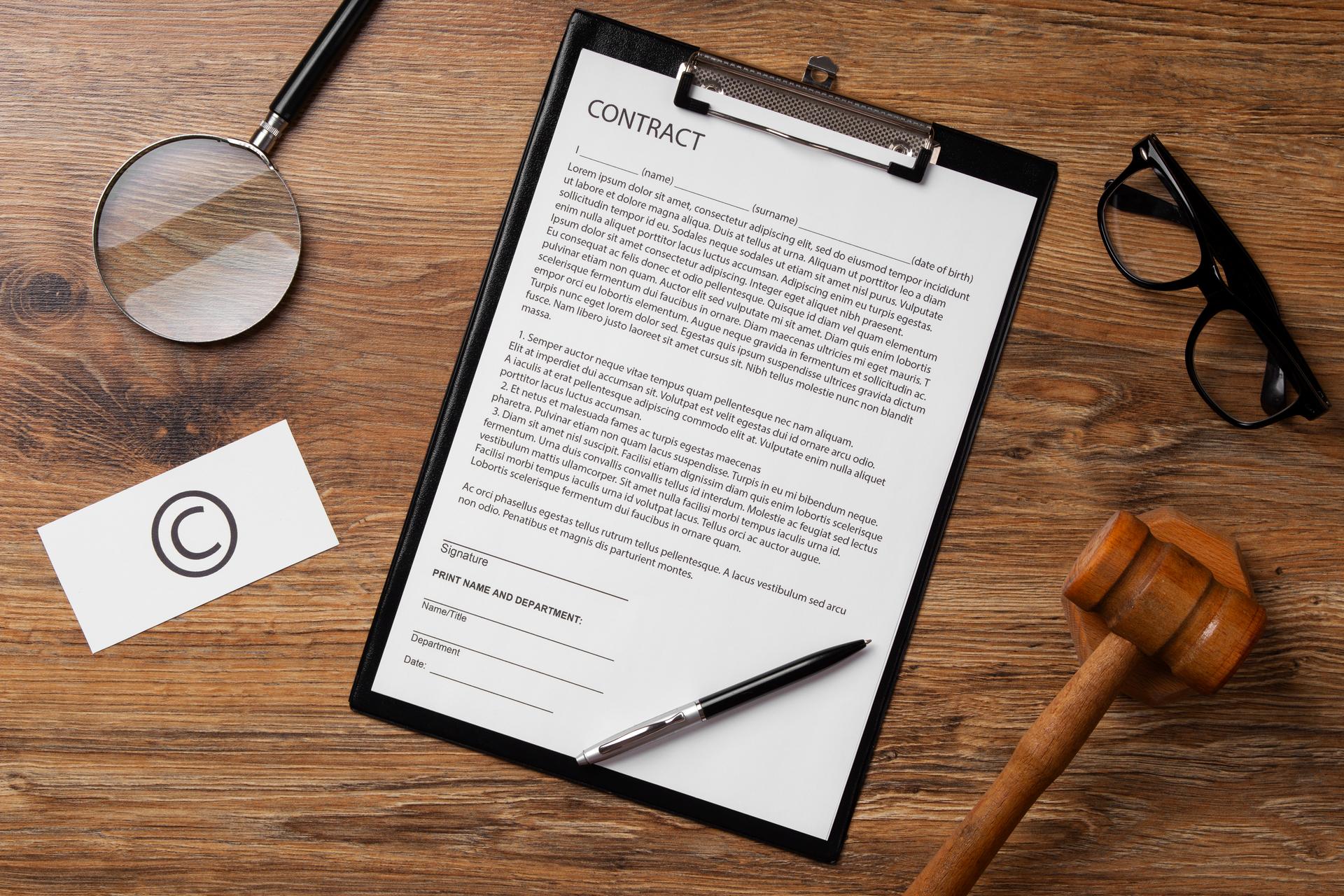Checklist for buying under construction property in 2025!
Checklist for Buying an Under-Construction Property in
India (2025)
Buying an under construction property in India can offer attractive pricing,
customization, and long-term investment benefits. However, it also comes with
risks such as project delays, hidden charges, or legal complications. A
meticulous checklist can help buyers make informed decisions, avoid pitfalls,
and protect their investment.
1. Verify Legal Approvals and Documentation
✅
Key Documents to Check:
- Title Deed: Confirms the seller's legal ownership of the land.
- RERA Registration: Ensure the project is registered on the RERA
- Building Plan Approval: Sanctioned plan from municipal authorities.
- Commencement Certificate (CC): Authorization to begin construction.
- Intimation of Disapproval (IOD): Regulatory compliance approvals.
- Environmental Clearance (EC): For large developments (usually over 20,000 sq. m.).
- Land Use Certificate: Confirms the land is approved for residential use.
2. Check Developer Credibility
✅ Key Points to Research:
- Developer’s Track Record: Past projects, delivery timelines, quality.
- Financial Standing: Solvency and funding sources.
- Customer Reviews: Online forums, Google reviews, and social media.
- Litigation History: Any ongoing or past legal disputes.
- RERA Violations: Check on the RERA website for any reported issues.
3. Construction Quality & Site Inspection
✅ What to Look for:
- Construction Materials: Ask for specifications and brand of cement, tiles, wiring.
- Model Flat Inspection: Visit the sample unit to assess quality.
- On-Site Progress: Regular site visits help you assess transparency and speed.
*Tip: Take a civil engineer or architect along for one visit to inspect the build quality and layout.
4. Project Timeline & Possession Date
✅
Confirm:
- Scheduled Completion Date: Cross-check RERA and agreement details.
- Grace Period Clause: Understand how much delay is permissible contractually.
Penalty for Delay: Ensure the agreement includes
compensation clauses (as per RERA norms).
5. Agreement to Sale and Builder-Buyer Agreement
✅ Ensure It Includes:
- Total sale consideration (cost breakup: base price, GST, club charges, etc.)
- Carpet area clearly mentioned (not super built-up area).
- Timeline with milestone-based payment plan.
- Specifications (tiles, doors, fixtures), possession date, and penalties.
Exit clauses, refund terms, transfer charges (if
applicable).
*Pro Tip: Hire a property lawyer to vet these agreements before signing.
6. Financial Aspects & Hidden Charges
✅ Key Costs to Account For:
- PLC (Preferential Location Charges)
- Base price + GST (5% for under-construction without subsidy)
- Clubhouse or amenity charges
- Floor rise charges
- Parking charges (open or covered)
- Maintenance deposit/advance
*Stamp duty and registration
charges (usually 6–8%)
*Always ask for an “All-Inclusive” price
quotation.
7. Home Loan Eligibility & Bank Approvals
✅
Confirm:
- Is the project approved by leading banks three primary banks: SBI, HDFC, ICICI?
- Does the bank disburse the loan in construction-linked stages?
- Are you eligible based on income and credit score?
8. Location & Connectivity Evaluation
✅
Analyze:
- Proximity to schools, hospitals, offices, markets.
- Upcoming infrastructure (metro, highways, tech parks).
- Water and power supply in the area.
- Neighborhood safety and traffic situation.
9. Post-Possession Responsibilities
✅
Check:
- Society Formation: Will the builder hand over to a residents’ association?
- Defect Liability Period: Builder is responsible for 5 years for structural issues (as per RERA).
- Occupancy Certificate (OC): Must be obtained before moving in.
- Property Tax and Utility Connections: Ensure separate meters and municipal tax records
10. Red Flags to Watch Out For
- Project not listed on RERA.
- Prices that are too good to be true.
- Vague possession timeline.
- No physical site progress.
- No penalty clause for delay.
- Builder refuses to share legal documents.
11.Final Tips
- Never rely only on brochures or verbal promises—everything must be on paper.
- Avoid pre-launch offers unless the project has at least RERA registration.
- Insist on a construction-linked payment plan to reduce financial risk.
- Consider resale value and future infrastructure developments.
- Maintain a file of every receipt, document, and communication.
Buying an under-construction property can be rewarding—if done with caution and research. The key is to verify legality, assess the developer, ensure financial clarity, and understand your rights as a buyer. This checklist can be your trusted guide in ensuring a smooth and safe property purchase journey.
Are you a landlord?
Are you looking to lease or sell your properties? Advertising your property online with JLL is completely free. Reach hundred of thousands of potential tenants and buyers online.
